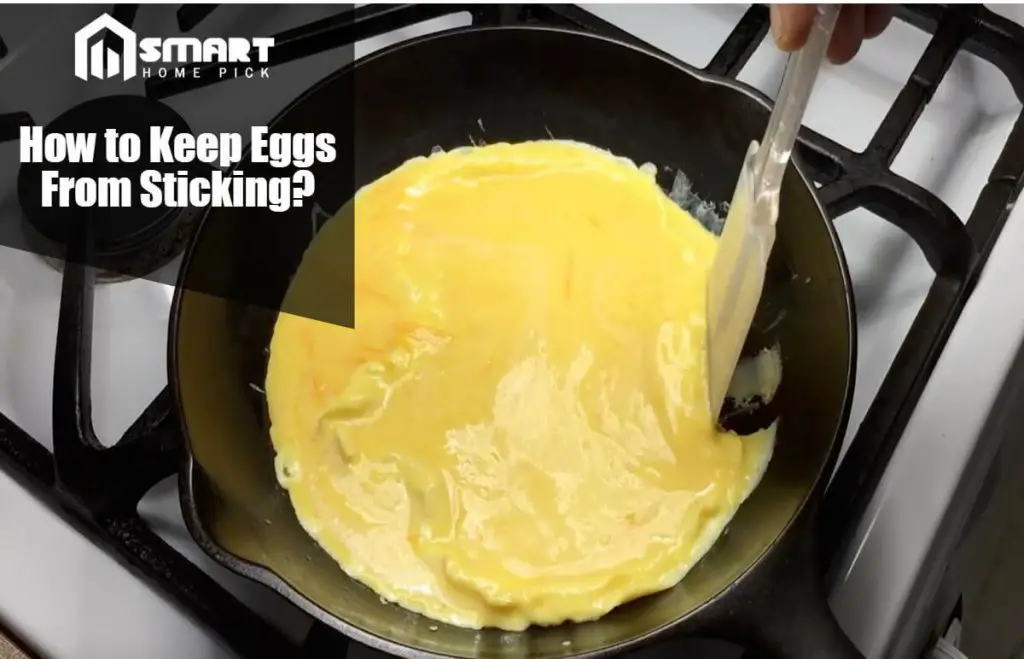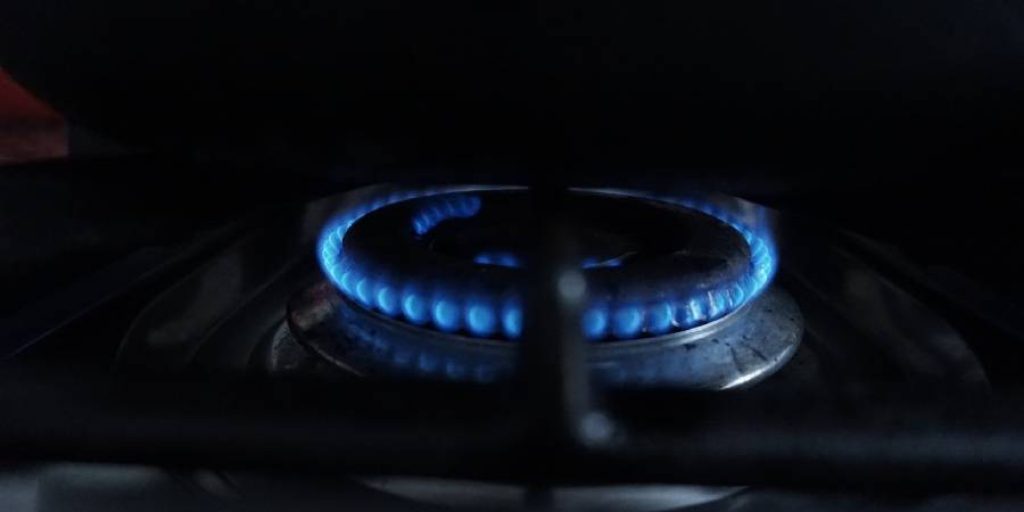Have you just ever walked to the kitchen early in the morning and look through your fridge and cabinet to look for some ingredient to make some good breakfast but end up in choosing to fry some eggs with a toasted bread? The frying of eggs for an early breakfast is an everyday routine or everyday menu most people do to eat for a great start of the day. Most people fry eggs for breakfast not because they find it delicious but rather an easy menu to make. But the problem here is that, most don’t really know how to even fry an egg perfectly without even staining the frying pan.

The question of how to keep eggs from sticking then arises. Frying of eggs are indeed easy way to cook some breakfast and still make it to work or go on about your daily activity, but frying it in a way you won’t have to be scrapping half of your eggs that was stuck in your frying pan is the important factor here. Here are some tips on how to make eggs not stick while frying:
- Frist and foremost, is to set a stainless steel frying pan on your stove. Preheat the frying pan by setting your burner to medium. Preheats are completed when a drop of water sizzles on the frying pan.
- Apply a small amount of butter or margarine in the frying pan for flavor and extra slip. You then go on and crack your egg if you haven’t already by hitting it gently against the edge of the frying pan or using a spoon to crack it open also by hitting gently on it. You separate the shells and allow the yolk and the whites to flow into the center of the frying pan.
- Lower the stove heat as cooking an egg over lower heat ensures that the texture will be tender rather than rubbery. You then allow the egg to fry until the egg white changes from clear to white. Slide a plastic spatula and turn over the egg.

- Once the egg is on the other side from its initial state you allow it to fry also until the yolk reaches your desired doneness. An over-easy egg may only need a minute or so of cooking on the yolk side. A two to three minutes on either side of the egg should suffice, if you prefer a firmer yolk.
- At this stage you are ready to serve your egg. You slide the spatula under the fried egg, moving it from the frying pan to a plate. As you move your egg to your plate check to see if there was any part of the egg that got stuck in the frying pan. Most likely no if you did follow the steps. If yes, then you have successfully completed cooking, on how to cook eggs without sticking. You then turn-off the stove and allow the frying pan to cool. The Egg is already looking delicious by now and ready to be eaten.
The complexity of frying an egg and it not sticking to the frying pan basically depends on how you fry it and how long you fry it. And always do not fry an egg on high-heat. The higher the heat, the more likely the egg is to burn and stick to the frying pan. If you are not handy with a spatula, you can also fully fry the egg by covering the egg as it fries with a lid from a pot. The best way on how to keep eggs from sticking is always to add a cold fat to a hot pan before frying. As in if you do not have butter or margarine available to use coat the pan, then use cooking spray.
Frequently Asked Questions
Why Do My Eggs Always Stick to the Pan?
One possibility is that you’re using an oil or butter that’s too hot. This can cause the proteins in the egg to unfold, which makes them difficult to remove from the pan.
Another possibility is that you’re over-stirring your eggs, which will create excess heat and moisture that causes them to stick together.
To avoid this problem, make sure not to exceed 350 degrees Fahrenheit when cooking your eggs and use low-fat or nonstick cooking spray instead of butter or oil if necessary.
And finally, try varying the way you cook your eggs by incorporating methods such as scrambling or folding into breakfast recipes for extra flavor and texture.
Why Do My Omelettes Always Stick?
There are a few potential reasons why your omelets might stick to the pan, but the most common one is oil.
When you cook eggs in a pan, the oil creates a barrier between the egg and the pan. This prevents the egg from cooking evenly and results in sticking. To prevent this from happening, make sure to use a non-stick pan or add oil to your eggs before cooking. Alternatively, try using a technique known as “scrambling,” which involves stirring the eggs constantly while they’re cooking to prevent them from sticking.
Should You Put Milk in an Omelette?
Depends on Your Reason for Adding Milk to the Omelette!
If you’re adding milk in order to make it richer and fluffier, then go ahead and do so. The added liquid will help to soften the egg whites and produce a more voluptuous omelet. On the other hand, if you don’t want any extra moisture or richness in your eggs, then omit the milk altogether. Either way, be sure to add salt and pepper to taste as needed.








